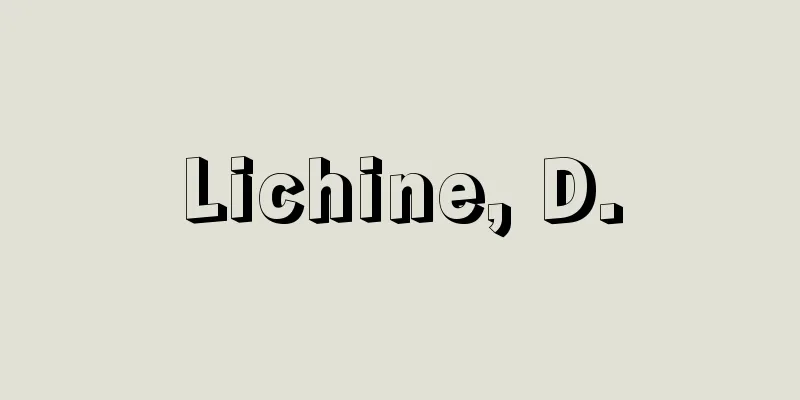Iemochi

〘noun〙① To own a house. Also, the person. In particular, in the Edo period, it referred to townspeople who owned a house or premises, as opposed to renters. They had the rights and obligations of townspeople. A housekeeper. A person who owns a house. A person who is a citizen. ※Umezu Masakage's Diary - March 22, 1619 (5th year of the Genna era) "If you have a housekeeper, it will not be a hardship for you to become a housekeeper in the town." ② A person who lives in a house. A person with a family. ※Omoide no Ki (1900-01)〈Tokutomi Roka〉9 "I'm not asking you to become a housekeeper right now though." ③ Refers to a branch family. ※Akiyama Kiyuki (1831)2 "The old man of this family is me,〈abbreviated〉 the head family of these five villages, and it is said that in the past more than twenty houses were housekeepers." ④ Managing the household finances. Managing the livelihood of a family. A person with a family. ※Political talk (around 1727) 1 "There is no investigation into the authenticity of the heir or adopted son, and the misdeeds of the family and the Ieyasu family are unknown."Yakamochi [Ikamochi]Source: The Selected Edition of the Japanese Language Dictionary About the Selected Edition of the Japanese Language Dictionary Information |
〘名〙① 家屋を所有すること。また、その人。特に、江戸時代、借家人に対して、家・屋敷を所有している町人をいう。町人としての権利と義務を有した。いえぬし。やぬし。おおや。※梅津政景日記‐元和五年(1619)三月二二日「窂人かかへ候はは、町中家持請人に立候はは、不苦候」② 一戸を構えて生活している人。所帯持ち。※思出の記(1900‐01)〈徳富蘆花〉九「今直ぐ家持になって呉れと云ふんぢゃ無いがね」③ 分家をいう。※秋山記行(1831)二「此家の老人は、己、〈略〉此五軒の村の惣本家、昔の二十軒余は家持だと云ふ」④ 家計のやりくり。一家の生計の処理。所帯持ち。※政談(1727頃)一「跡目・養子等の真偽の吟味も成らず、身持・家持の悪きも知れず」
やかもち【家持】出典 精選版 日本国語大辞典精選版 日本国語大辞典について 情報 |
<<: Head of the family - Iemoto
Recommend
Montagu Chelmsford Report - Montagu Chelmsford Report
This report, officially called the Report of the I...
Navy Minister's Flag
…By its very nature, the naval ensign must always...
Nishigoshi [town] - Nishigoshi
A former town in Kikuchi County in northern Kumamo...
Ariwara no Yukihira
A poet of the early Heian period. Son of Prince A...
Authoritarianism
Generally speaking, it means the combination of c...
Quebec [province] - Quebec
A vast province in eastern Canada. The plains alon...
Arithmetic - Sanjutsu
In ancient China, arithmetic was used as a term t...
Technical division of labor
...A town in Ayauta County, central Kagawa Prefec...
London School
From the end of the 19th century to the beginning...
Cilicia - Cilicia (English spelling)
The Mediterranean coastal area in southeastern As...
Blue hat - Aobou
〘 noun 〙① blue hat. ② (from wearing a blue hat) a ...
Battle Axe - Tofu
A striking or throwing weapon with an axe-shaped b...
Frombork (English spelling)
A small city in the Elbląg Voivodeship in northern...
Fimbristylis sericea (English spelling) Fimbristylissericea
…[Tetsuo Koyama]. … *Some of the terminology that...
Rock-cut tombs - Gankutsubo
…The Fourth Dynasty houses at Giza had nearly squ...








![Aromata [Cape] - Aromata](/upload/images/67cf4acb975d0.webp)
